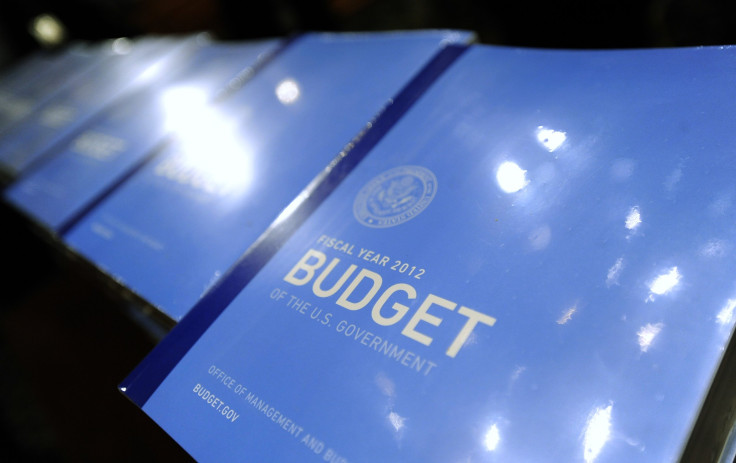Defense Spending Cuts 2013: Half Of America Doesn’t Know What Sequester Is

The sequester, the name given to the $85 billion in defense and domestic spending cuts set to automatically take effect for the remainder of 2013, is just hours away, and a lot of Americans are still confused or unsure what it means.
A YouGov Omnibus survey conducted between Feb. 26 and 28 found that 43 percent of Americans are clueless about the sequestration effective Friday, when President Barack Obama is expected to give the order.
When survey respondents were asked what they thought sequestration meant, 51 percent correctly said it was “a group of automatic, across-the-board spending cuts.” Some 16 percent of Americans surveyed believe sequestration “requires Congress to come to an agreement over negotiated budget cuts,” and 21 percent said they were unsure.
The sequester was passed into law in August 2011 under the Budget Control Act. It was never intended to be implemented, rather it was more of a worst-case scenario, to force lawmakers to the negotiation table. Because of sequestration, at least $1.2 trillion in cuts could happen over the next 10 years.
The sequester was delayed in January until today, as part of a last-minute "fiscal cliff" deal that provided lawmakers more time to come up with a plan; however, there was no productive discussion between the two sides all these months. The first movement toward a solution occurred this morning, when Obama met with top congressional leaders. That sequester talk ended in a stalemate, however, with the president blaming congressional Republicans for failing to cut a deal.
A recent Gallup poll showed that 45 percent of Americans said they would rather avoid a sequester, while 37 percent believe the budget cuts should occur as planned.
When the cuts take effect, more Americans said they would blame the Republicans in Congress, instead of Obama, 45 to 32 percent, a Washington Post-Pew poll said.
Democrats have insisted on a tax increase as part of the solution to end the indiscriminate budget cuts, which would slash 13 percent from defense spending, and nine percent from domestic programs.
The nation’s chief executive said he is “prepared to do the hard things,” but won't ask the middle class to bear the burden.
If lawmakers let the nation ride out this year’s cuts through September, the Obama administration has warned it could hurt jobs in several industries, especially in air travel and security. The nonpartisan Congressional Budget Office has projected that 750,000 jobs could be lost this year alone. Meanwhile, the International Monetary Fund has warned that U.S. economic growth could be slowed by 0.5 percentage points, which could pose a threat to the nascent global economic recovery.
© Copyright IBTimes 2025. All rights reserved.






















